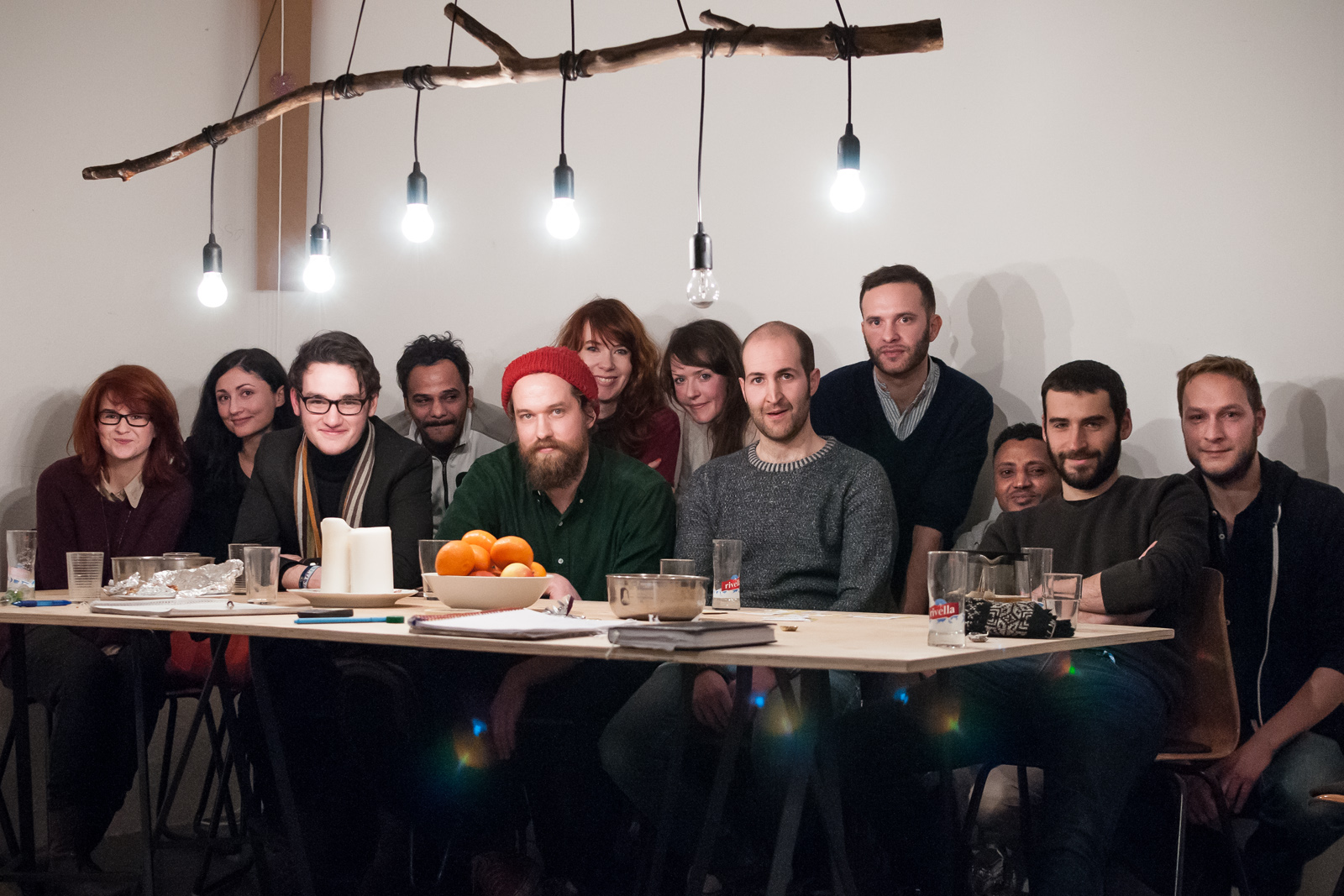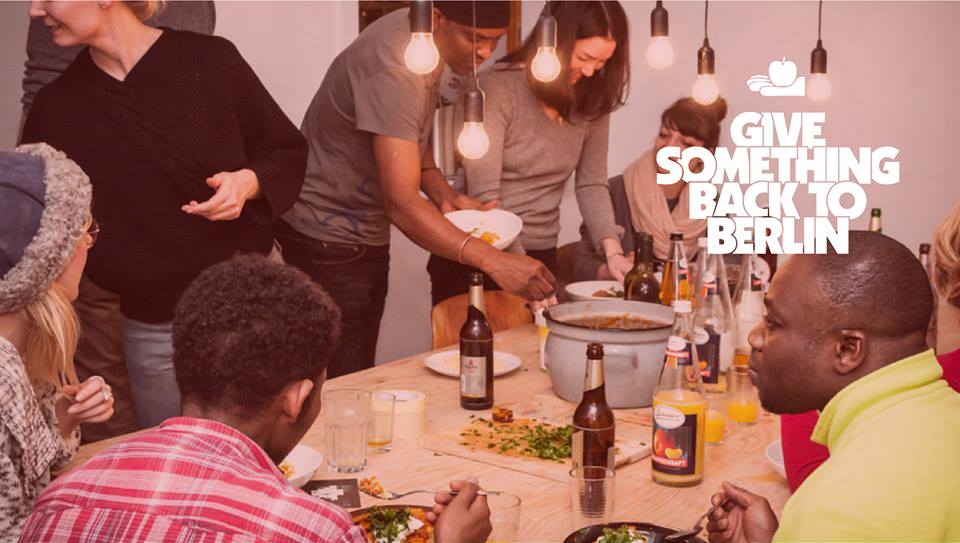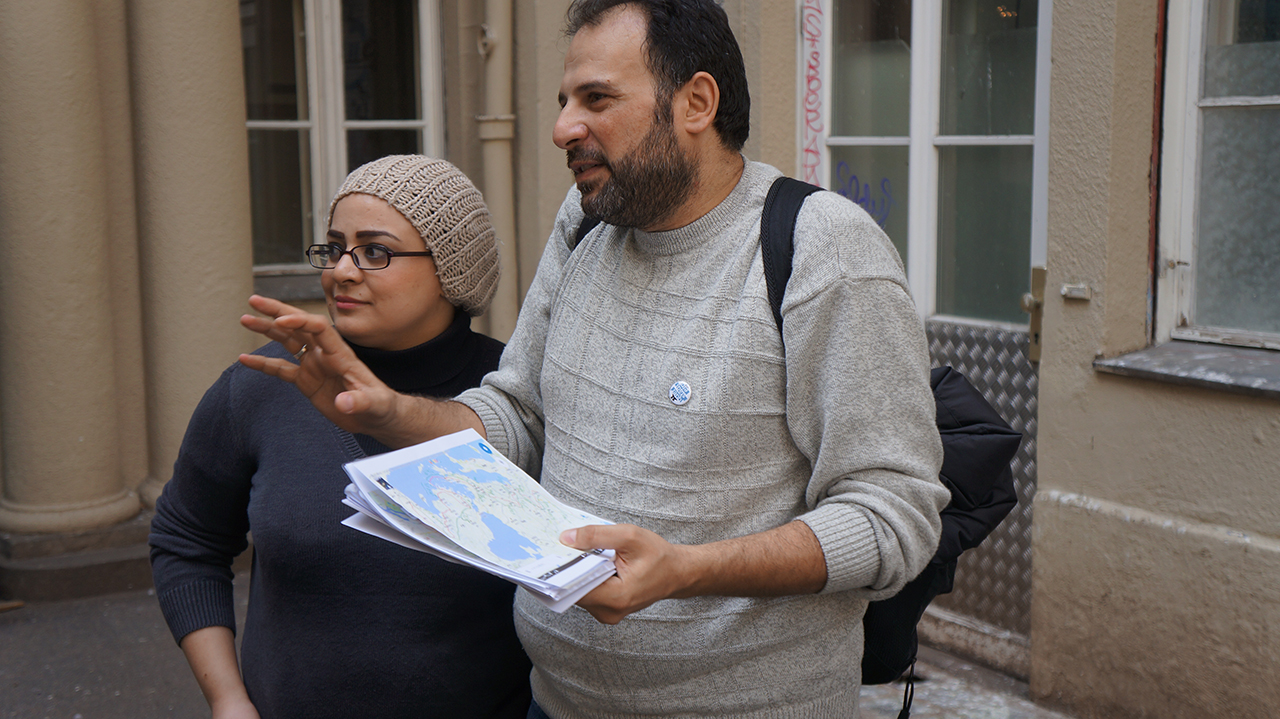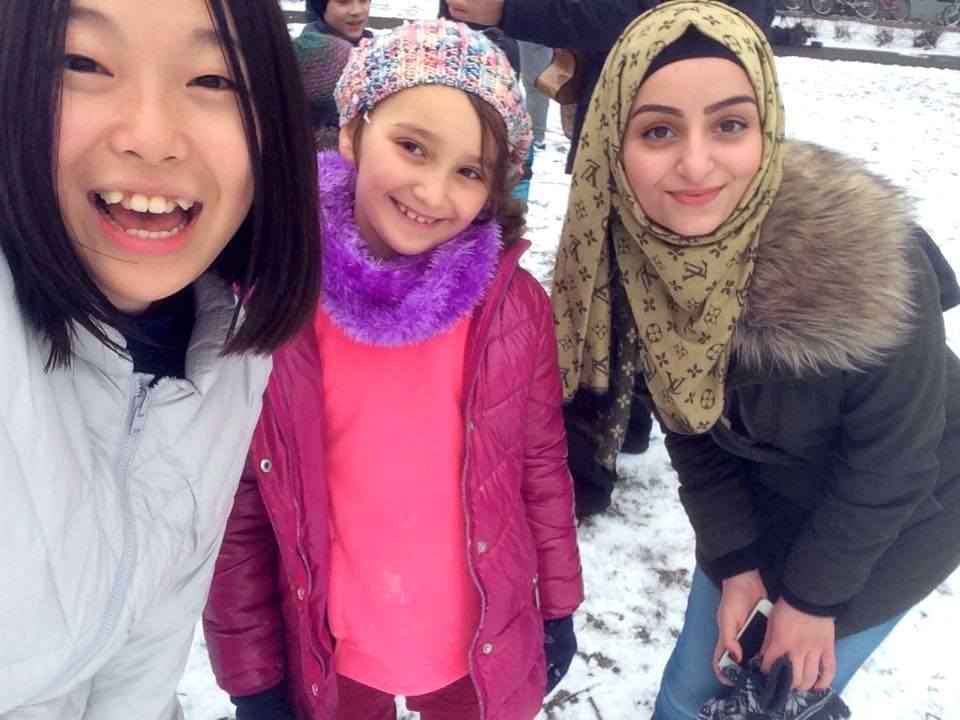querstadtein by Isabel Härdtle
querstadtein by Isabel Härdtle,
The first time I really felt my own privilege as a European was when I left Europe to give a seminar on urban anthropology at the University of Antananarivo, Madagascar. I was talking about participation in urban space to students in one of the poorest countries in the world, and it made me see my position as a European in the most drastic way.
Madagascar was like a different planet to me. What fascinated me most was the chaotic capital, Antananarivo: a city that tourists want to leave as soon as possible. A city that is crowded, noisy, colorful and dirty, and full of light and tragedy at the same time.
During our seminar, we started talking and writing about our activities in the city, our habits and favorite places. It was something new for my students to have a platform for sharing and exchanging their perspectives. They articulated their feelings and needs as urban citizens in many ways: creative writing, photography, observing and fieldwork.
As part of the seminar the students developed their own tours to share their personal view. On these tours they didn’t show sightseeing spots but their own world: streets, places and people of special meaning to them. While I was discovering the city through the eyes of my students, I felt the power of taking a walk together. I felt that a walking tour could make you see things from a new point of view, learn about other people and reflect on your own perspective.
Back in Berlin I decided not to continue with research at university, as I wanted rather to contribute to something that would have a more direct link to current social challenges. I had the vision of connecting people from different backgrounds, discovering their knowledge and needs, as I did in Antananarivo. When I read that the non-profit-organization, querstadtein, was looking for a project manager to develop city tours by refugees, I knew it was time to become a part of this project.
querstadtein is an expert in the field of exchange of perspective – to see your own city through the eyes of someone else, talk and listen to someone that you would not usually get in contact with. They achieved all these things with their project of tours conducted by former homeless people.
I was still in Madagascar when I got to know querstadtein. I showed the idea of (former) homeless tour guides to my students, who were as stunned as me. It was good timing: querstadtein needed someone and I really wanted to do it. So I started in October 2015 as a project manager. Since then, I have met people from all over the world, working hard to start projects that would give a new answer to the so-called refugee crisis. And I was talking about the city again – with people from Syria, Palestine or Iran, people who arrived in Berlin as refugees during the last year.
After workshops, interviews and walk-a-longs during the past months, we have developed our first tour together. With this tour, our guides Arij and Samer from Syria share their knowledge and talk about their experiences as newcomers to Berlin. I hope that these tours will change something in the dynamics of the current discussion. Our visitors will listen personally to the stories of Arij and Samer instead of reading them in a newspaper. Our tours want to encourage open dialogue, making our visitors reflect on their own perspectives and learn about those of others.
http://querstadtein.org/en/










